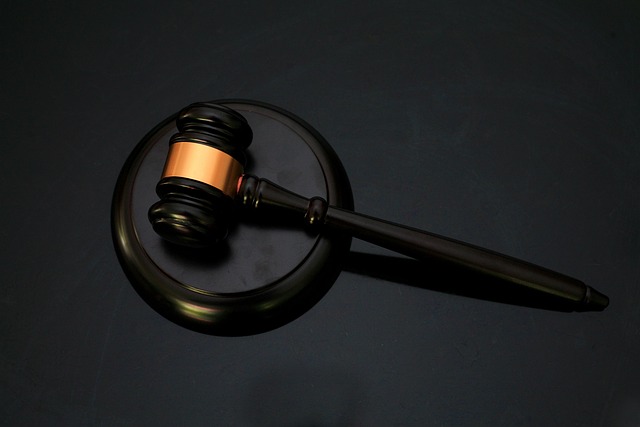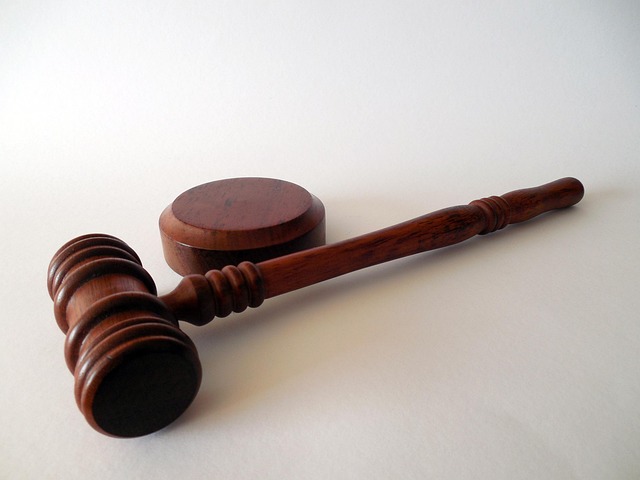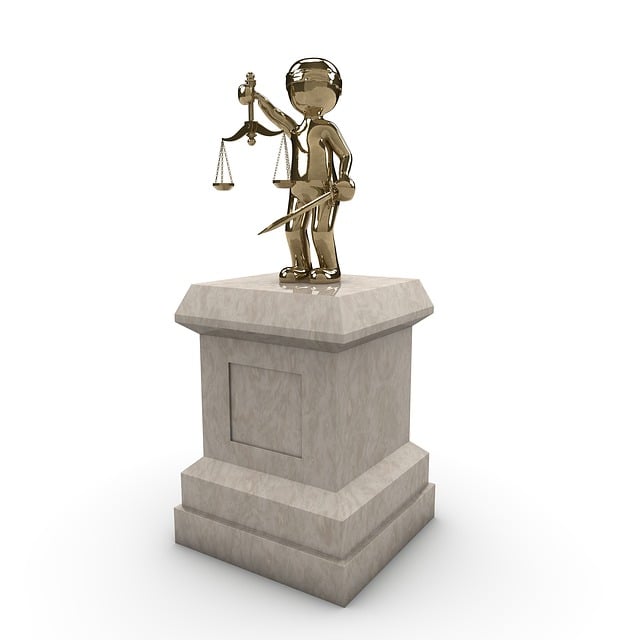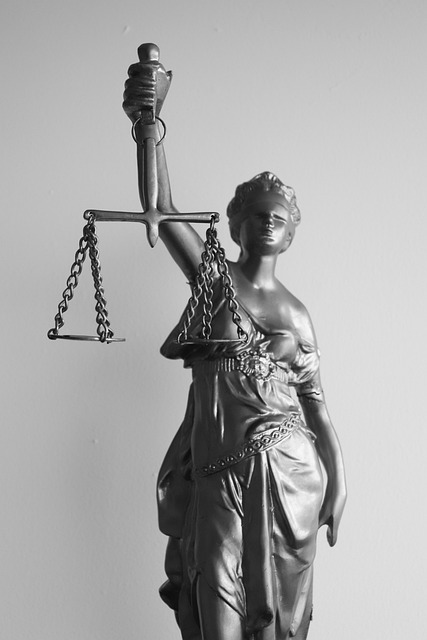Environmental crimes, from pollution to wildlife trafficking, present complex challenges within the criminal procedure timeline from arrest to trial. This process demands specialized knowledge of environmental laws and scientific principles from defense attorneys. The initial phase involves investigation and evidence gathering, followed by strategic pre-trial planning crucial for navigating legal complexities. Trials include hearings, arguments, and jury deliberation, culminating in verdicts and sentencing that can set precedents. Understanding this timeline is key to achieving justice and effective white-collar defense strategies.
“Environmental Crime Trials: Uncovering the Path to Justice”
In the realm of criminal procedure, environmental crimes represent a unique challenge. This article explores the intricate timeline from arrest to trial, focusing on understanding these offenses and their scope. We delve into the initial investigation phase, where facts are gathered, and analyze pre-trial proceedings, highlighting legal strategies employed. The heart of the matter is the trial process, examining evidence presentation and arguments. Additionally, post-trial verdicts and sentencing reveal the impact and consequences of holding criminals accountable for environmental crimes, offering a comprehensive guide through this criminal procedure timeline.”
- Understanding Environmental Crime: Defining and Scope
- The Arrest and Initial Investigation Phase
- Pre-Trial Proceedings: Legal Strategies and Preparedness
- Trial Process: Presenting Evidence and Arguments
- Post-Trial Verdict and Sentencing: Impact and Consequences
Understanding Environmental Crime: Defining and Scope

Environmental crimes, a growing concern worldwide, encompass a range of illegal activities that harm our planet and its ecosystems. These offenses can take various forms, from pollution and waste management violations to habitat destruction and wildlife trafficking. Understanding the scope of environmental crime is pivotal in navigating the criminal procedure timeline from arrest to trial. It involves recognizing the unique challenges posed by these cases, such as complex scientific evidence, international jurisdiction issues, and the need for specialized expertise.
Defining environmental crime requires a nuanced approach, considering both direct harm to the environment and its indirect impacts on human health and communities. The scope includes not just tangible actions like illegal logging but also digital activities, such as data manipulation or the online trade of endangered species. Achieving extraordinary results in these cases demands an unprecedented track record from general criminal defense attorneys, who must possess a deep understanding of environmental laws, scientific principles, and international treaties to secure justice and deter future violations.
The Arrest and Initial Investigation Phase

The initial phase of Environmental Crime Trials involves the arrest of suspects and an in-depth investigation into the alleged offenses. This critical period sets the stage for the entire criminal procedure timeline from arrest to trial. Law enforcement agencies, working alongside environmental experts, gather evidence, interview witnesses, and conduct site visits to understand the scope of the crime. The goal is to build a robust case that can withstand scrutiny, ensuring a fair process for both corporate and individual clients facing white-collar defense charges.
During this phase, careful consideration must be given to avoid an indictment by gathering facts strategically. Legal teams scrutinize evidence to determine if it supports allegations of environmental crimes, focusing on actions that violate regulatory frameworks and cause significant harm to the environment. This meticulous approach is crucial in navigating the complex criminal procedure timeline while protecting the rights of those involved.
Pre-Trial Proceedings: Legal Strategies and Preparedness

The pre-trial phase in environmental crime trials is a critical period where legal strategies and thorough preparation can significantly shape the outcome. Defense attorneys play a pivotal role in this process, aiming to navigate the complex landscape of criminal procedure. This involves understanding the unique challenges posed by environmental cases, which often require expertise in fields like ecology and regulatory compliance. One key strategy is to develop a robust general criminal defense, focusing on questions of jurisdiction, evidence handling, and procedural fairness.
By meticulously reviewing the case timeline from arrest to trial, lawyers can identify potential pitfalls and opportunities. This includes examining the Criminal Procedure Timeline, ensuring that rights are protected and any indications of avoiding indictment are addressed proactively. Through strategic maneuvering, counsel can aim for winning challenging defense verdicts, demonstrating not just adherence to legal norms but also a commitment to environmental justice.
Trial Process: Presenting Evidence and Arguments

Environmental crime trials, while complex, follow a structured criminal procedure timeline from arrest to trial. The process begins with an investigation and evidence gathering phase, where law enforcement and prosecutors meticulously document violations such as pollution or habitat destruction. This is crucial in building a solid case that can withstand scrutiny. Once charged, defendants have the right to legal counsel and face a series of hearings leading up to the actual jury trial.
During trials, both prosecution and defense present evidence and arguments. The former aims to prove guilt beyond a reasonable doubt, utilizing expert witnesses, scientific reports, and eyewitness accounts. Conversely, general criminal defense strategies may include avoiding indictment by challenging the admissibility of evidence or questioning the motives behind charges. Jury trials are a significant part of this process, where impartial jurors deliberate and decide on the verdict based on the presented information.
Post-Trial Verdict and Sentencing: Impact and Consequences

After a trial, the verdict and subsequent sentencing play a pivotal role in determining the outcome for environmental crime defendants. These decisions have far-reaching implications, shaping not only the lives of the accused but also setting precedents for future cases. The criminal procedure timeline from arrest to trial is a critical phase where the fate of these high-stakes cases is decided.
The impact of a conviction or acquittal extends beyond the legal realm. For environmental crimes, sentencing may include fines, community service, or even jail time. In some instances, successful white collar defense strategies can lead to the complete dismissal of all charges, a significant outcome that can restore an individual’s reputation and financial stability. However, even if not resulting in a total acquittal, a well-argued defense can mitigate punishment, ensuring a more favorable criminal procedure timeline for the defendant.
Environmental crime trials play a pivotal role in upholding ecological balance and deterring future offenses. By understanding the criminal procedure timeline from arrest to trial, as outlined in this article, legal professionals can effectively navigate complex environmental cases. Each phase, from initial investigation to sentencing, demands strategic preparation and a deep grasp of applicable laws. Ultimately, these trials serve as powerful tools to hold perpetrators accountable, send a clear message about the severity of environmental crimes, and foster a more sustainable future.






